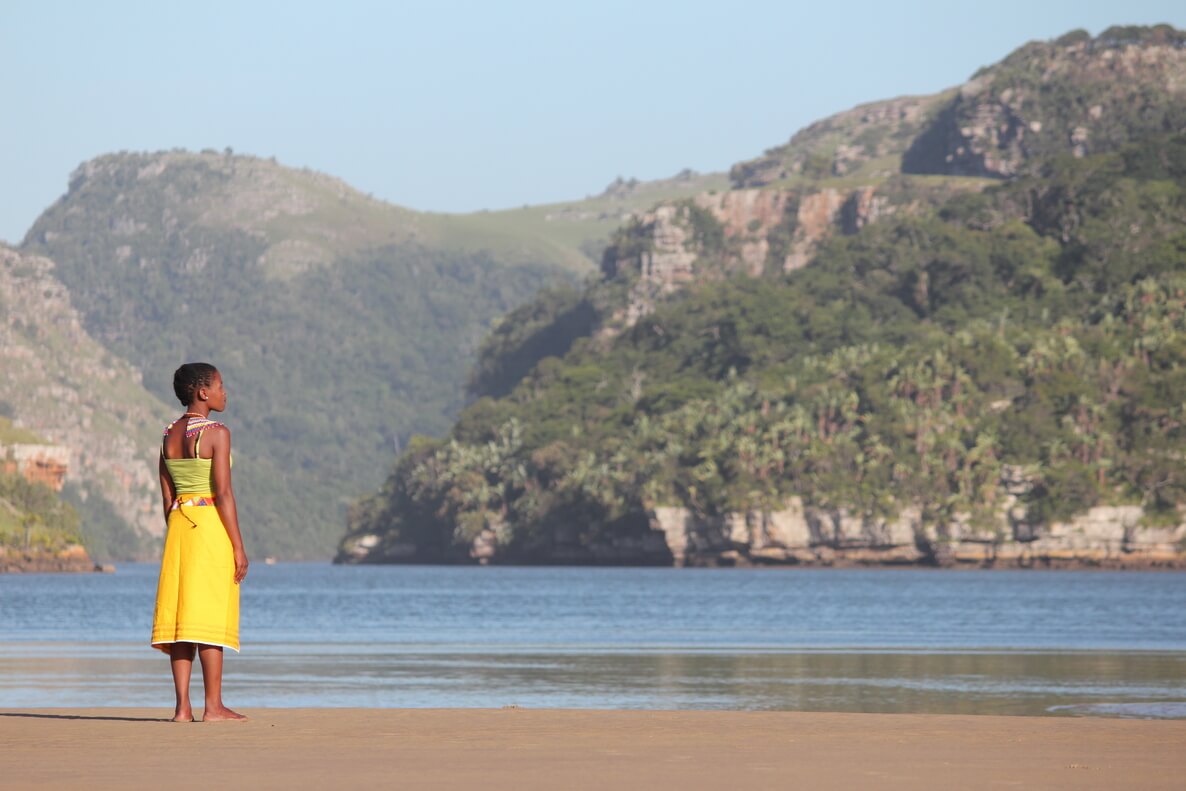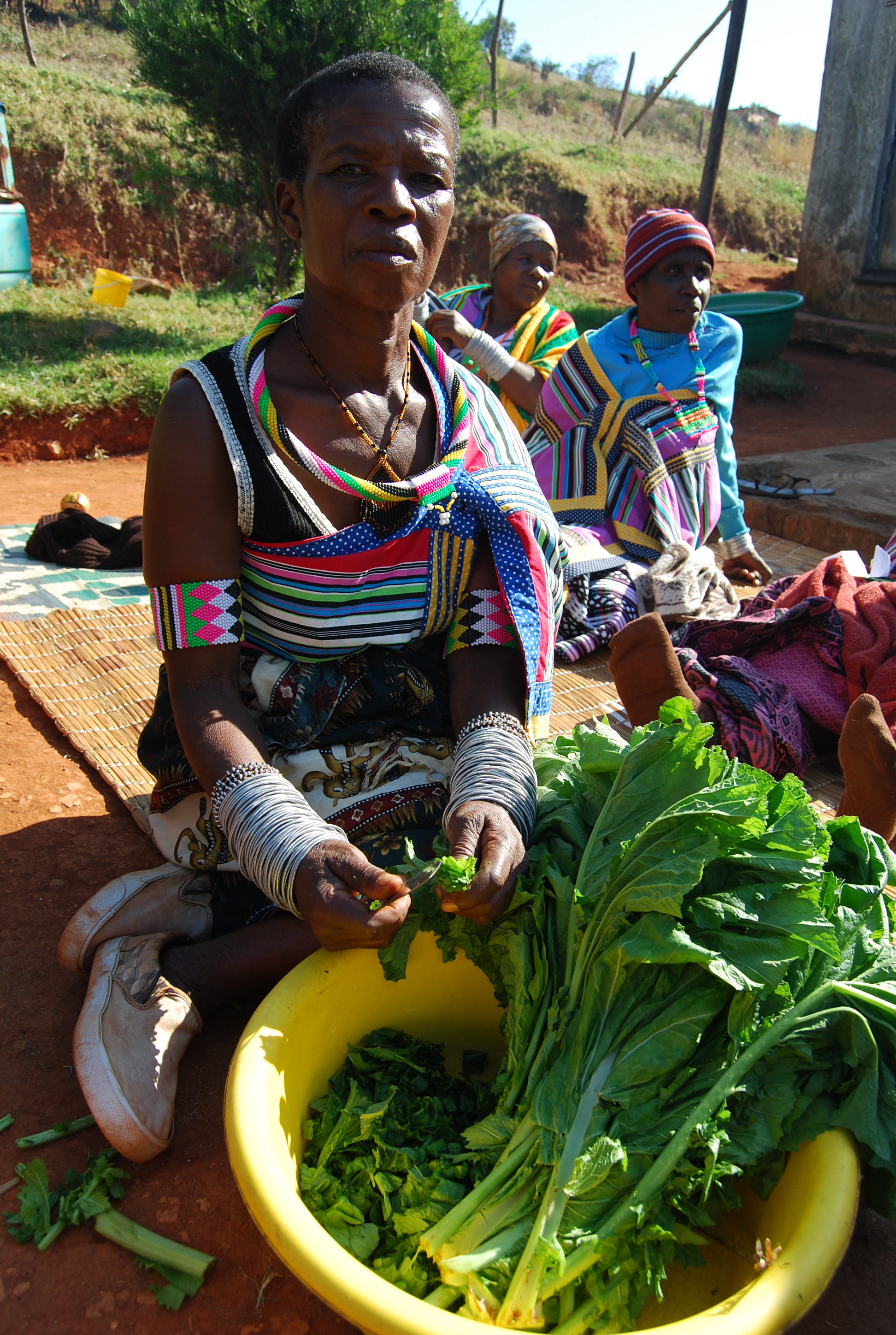South Africa’s total population is around 50 million, of which indigenous groups are estimated to make up approximately 1%. Collectively, the various African indigenous communities in South Africa are known as the Khoe-San/Khoisan, comprising of the San and the Khoekhoe/ Khoi-Khoi. The main San groups include: the Khomani San who mainly reside in the Kalahari region, and the Khwe and Xun mainly in Platfontein, Kimberley. The Khoi-Khoi consist of the Nama who live mainly in the Northern Cape Province; the Koranna who live mainly in the Kimberley Free State province and some parts of Western Cape; the Griqua in the Western Cape, Eastern Cape, Northern Cape, Free State and KwaZulu-Natal provinces; and the Cape Khoekhoe in the Western Cape and Eastern Cape, with growing pockets in the Gauteng and Free State provinces. In contemporary South Africa, Khoi & San communities are engaged in a range of socio-economic and cultural lifestyles and practices.
The socio-political changes brought about by the current South African regime have created space for deconstruction of the racially-determined Apartheid social categories, such as “Coloureds”. Many previously “Coloured” people are now exercising their right to self-identification and identify themselves as San and Khoi-Khoi or Khoe-San. African indigenous San and Khoi-Khoi peoples are not formally recognised in terms of national legislation as a customary/indigenous community; however, this is shifting with the pending Traditional and Khoisan Leadership Bill of 2015. It is however unclear when this Bill will be signed into law. At the time of publication, this law was adopted by the provincial National Council of Provinces. South Africa has voted in favour of adopting the UN Declaration on the Rights of Indigenous Peoples (UNDRIP) but has yet to ratify the ILO Convention No. 169.
International Work Group for Indigenous Affairs, The Indigenous World 2019




